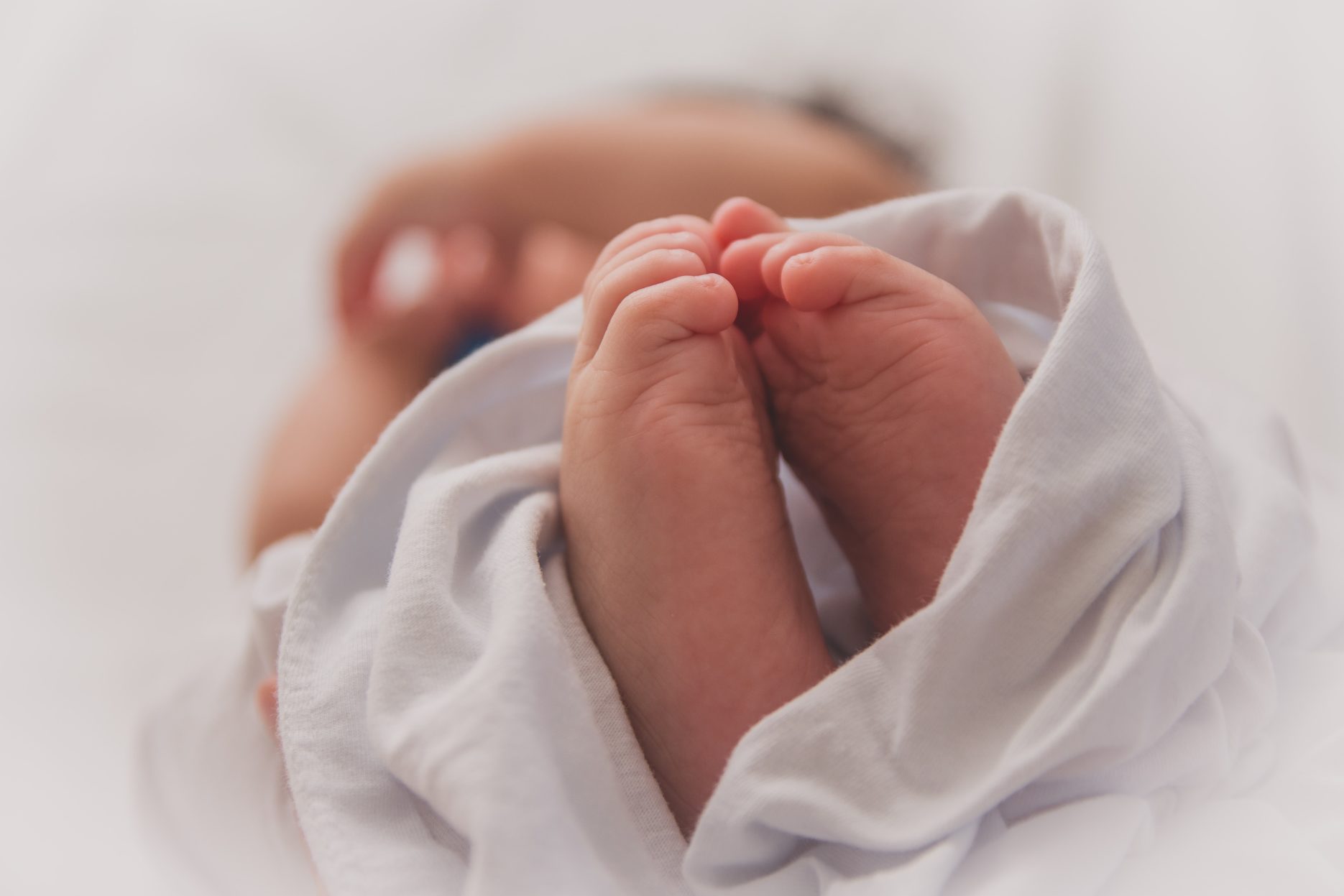China will experience its first population decline in five decades, according to Financial Times reports. The country has recently conducted a census, but the results will not be released until the Chinese government has discussed the data and its implications, say the newspaper’s sources.
The 21st Century Economic Report, which was published on April 20, revealed the population data of twenty-six Chinese cities. Eight of these cities are experiencing a fall in population size, including ‘new first-tier’ Shenyang and five cities in Jiangsu, the province neighbouring Shanghai (Taizhou, Yangzhou, Zhenjiang, Changzhou, and Wuxi).
China is facing an ageing population as the long-term effects of the one-child policy are felt. Following the launch of the family planning policy that allowed families to have two children over five years ago, the number of births in China increased in 2016. However, the birth rate has been on a steady decline since.
Increasing living costs, in particular house prices, are contributing to the decision to have fewer children. China has also seen a change in attitudes toward marriage and children: post-90s put a stronger emphasis on their personal lives and careers than previous generations.
However, the Chinese government is concerned about the impact of the falling birth rate, and thus diminishing working population, on the country’s economy. They have renewed the emphasis on their two-child policy and put in place incentives to encourage women to have children, including extended maternity leave allowance in certain provinces.
Read more:









